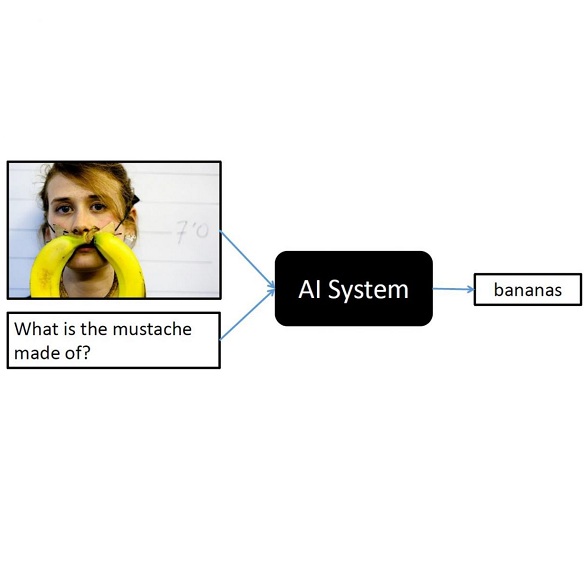Improvements in networking technologies and the steadily increasing numbers of users, as well as the shift from traditional broadcasting to streaming content over the Internet, have made video applications (e.g., live and Video-on-Demand (VoD)) predominant sources of traffic. Recent advances in Artificial Intelligence (AI) and its widespread application in various academic and industrial fields have focused on designing and implementing a variety of video compression and content delivery techniques to improve user Quality of Experience (QoE). However, providing high QoE services results in more energy consumption and carbon footprint across the service delivery path, extending from the end user's device through the network and service infrastructure (e.g., cloud providers). Despite the importance of energy efficiency in video streaming, there is a lack of comprehensive surveys covering state-of-the-art AI techniques and their applications throughout the video streaming lifecycle. Existing surveys typically focus on specific parts, such as video encoding, delivery networks, playback, or quality assessment, without providing a holistic view of the entire lifecycle and its impact on energy consumption and QoE. Motivated by this research gap, this survey provides a comprehensive overview of the video streaming lifecycle, content delivery, energy and Video Quality Assessment (VQA) metrics and models, and AI techniques employed in video streaming. In addition, it conducts an in-depth state-of-the-art analysis focused on AI-driven approaches to enhance the energy efficiency of end-to-end aspects of video streaming systems (i.e., encoding, delivery network, playback, and VQA approaches). Finally, it discusses prospective research directions for developing AI-assisted energy-aware video streaming systems.
翻译:暂无翻译



